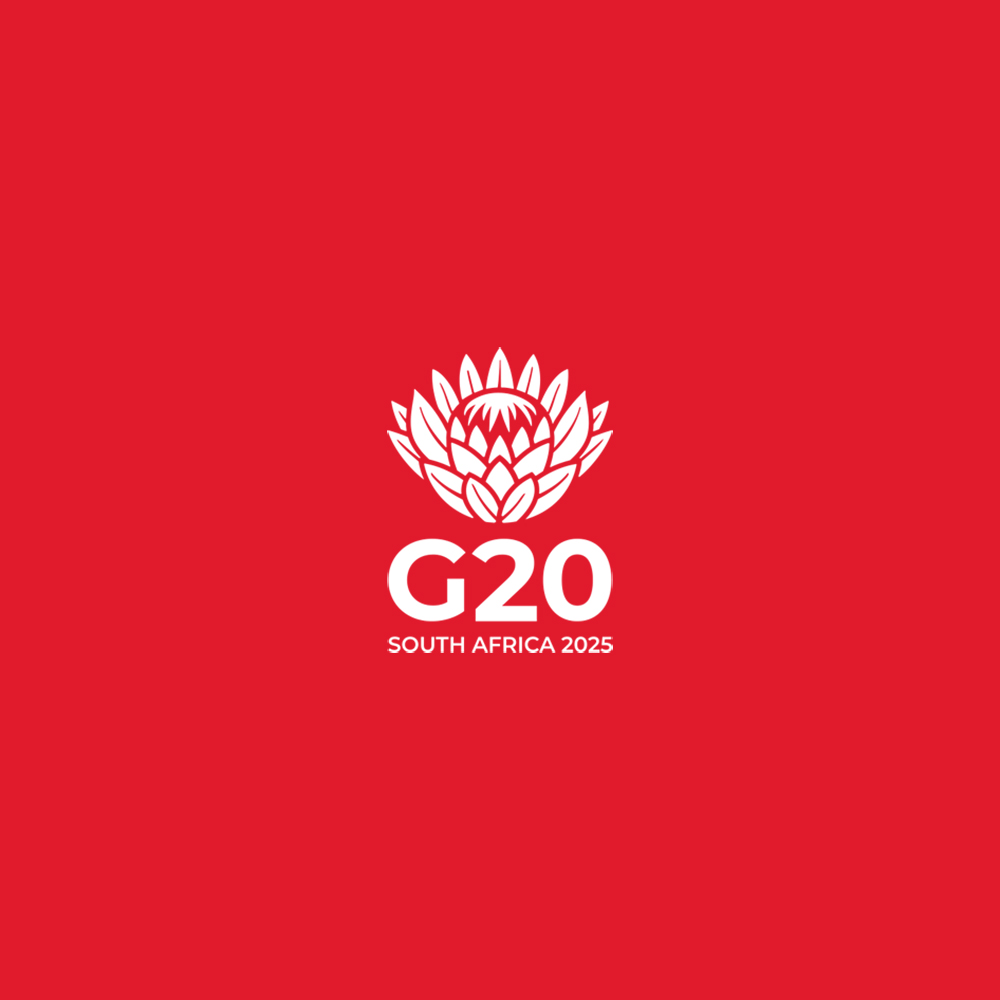Focus:
The DWG was created in 2010 with two purposes: to establish an agenda for development and poverty reduction at the G20 in coordination with other working groups, and to engage developing countries, non-members of the G20, especially those with lower development levels, in the G20’s work.
At the Seoul Summit in November 2010, leaders adopted the Multi-Year Action Plan on Development (MYAP) and the Seoul Development Consensus for Shared Growth. The two documents are the basis of DWG’s work on formulating the relevant development agenda, which also defined six overarching development principles and an initial programme of work, which are:
- focus on economic growth
- global development partnership
- global or regional systemic issues
- private sector participation
- complementarity
- outcome orientation.
It is also part of the DWG’s role to engage with developing countries, particularly low-income countries (LICs), as equal partners, respecting their national ownership and recognising that a country’s development policy is the most important determinant of successful development. Ensure that actions foster strong, responsible, accountable, and transparent development partnerships between the G20 and LICs.
Following the G20 leaders’ commitment in 2015 to align the G20’s work with the 2030 Agenda for Sustainable Development, the G20 leaders endorsed the G20 Action Plan on the 2030 Agenda for Sustainable Development in 2016. In 2016, after the creation of the Adis Ababa Agenda and the Sustainable Development Goals, the G20 members adopted the Agenda 2030 Action Plan for Sustainable Development in Hangzhou. This plan designated the DWG as the coordinating instance of actions for sustainable development in the G20.
Priorities:
1. Mobilising finance for development or means of implementation.
Deliverable: Launch of a major initiative aimed at the construction of a new architecture of international cooperation that firmly rest on two main pillars:
- international cooperation in support of Global Public Goods (GPG) provision
- development assistance
2. Building resilience, reducing inequality, and eliminating poverty by introducing social protection floors.
Possible Deliverables: access to a nationally defined set of goods and services constituting essential health care, including maternity care, that meets the criteria of availability, accessibility, acceptability and quality; the provision of basic income security for children, at least at a nationally defined minimum level, providing access to nutrition, education, care and any other necessary goods and services; the
provision of basic income security, at least at a nationally defined minimum level, for persons in active age who are unable to earn sufficient income, in particular in cases of sickness, unemployment, maternity and disability; and basic income security, at least at a nationally defined minimum level, for older persons.
3. Another possible contribution by the South African Presidency would be settling the debate on GPG and what role the G20 can play in financing and promoting the universal access to GPG.






























